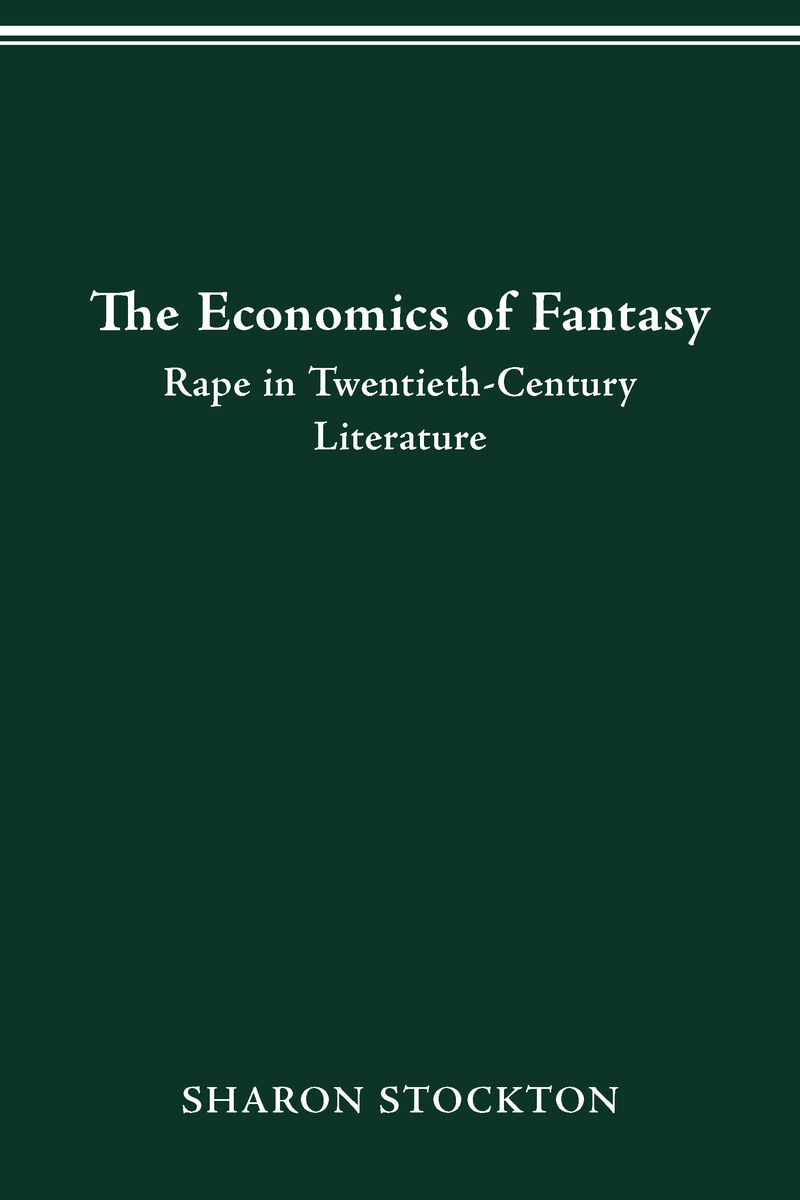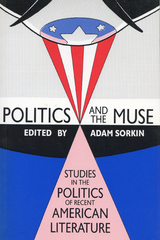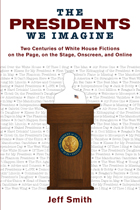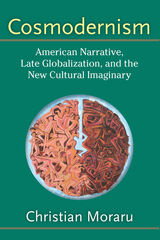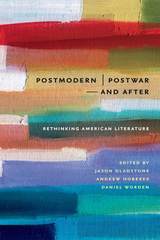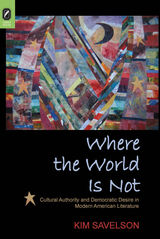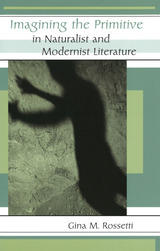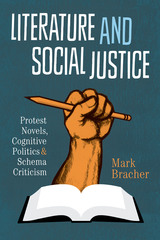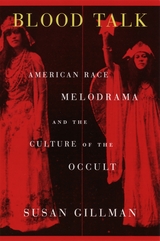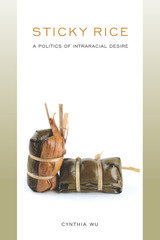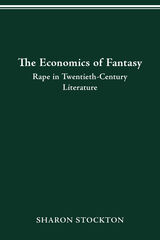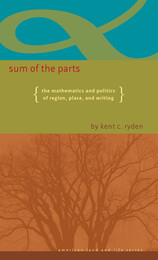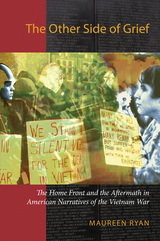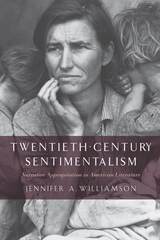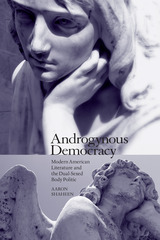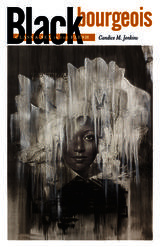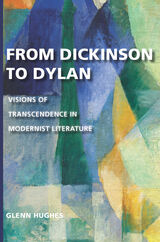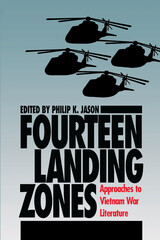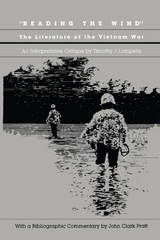THE ECONOMICS OF FANTASY: RAPE IN TWENTIETH-CENTURY LITERATURE
The Ohio State University Press, 2006
eISBN: 978-0-8142-7919-9 | Cloth: 978-0-8142-1018-5 | Paper: 978-0-8142-5757-9
Library of Congress Classification PS228.R36S76 2006
Dewey Decimal Classification 810.93556
eISBN: 978-0-8142-7919-9 | Cloth: 978-0-8142-1018-5 | Paper: 978-0-8142-5757-9
Library of Congress Classification PS228.R36S76 2006
Dewey Decimal Classification 810.93556
ABOUT THIS BOOK | AUTHOR BIOGRAPHY | REVIEWS | TOC
ABOUT THIS BOOK
In The Economics of Fantasy: Rape in Twentieth-Century Literature, Sharon Stockton examines the persistence and the evolution of the rape narrative in twentieth-century literature—the old story of male power and violence; female passivity and penetrability. What accounts for its persistence? How has the story changed over the course of the twentieth century? In this provocative book, Stockton investigates the manner in which the female body—or to be more precise, the violation of the female body—serves as a metaphor for a complex synthesis of masculinity and political economy. From high modernism to cyberpunk, Pound to Pynchon, Stockton argues that the compulsive return to the rape story, articulates—among other things—the gradual and relentless removal of Western man from the fantastical capitalist role of venturesome, industrious agency. The metamorphosis of the twentieth-century rape narrative registers a desperate attempt to preserve traditional patterns of robust, entrepreneurial masculinity in the face of economic forms that increasingly disallow illusions of individual authority.
It is important to make clear that the genre of rape story studied here presumes a white masculine subject and a white feminine object. Stockton makes the case that the aestheticized rape narrative reveals particular things about the way white masculinity represents itself. Plotting violent sexual fantasy on the grid of economic concerns locates masculine agency in relation to an explicitly contingent material system of power, value, and order. It is in this way that The Economics of Fantasy discloses the increased desperation with which the body has been made to carry ideology under systems of advanced capitalism.
It is important to make clear that the genre of rape story studied here presumes a white masculine subject and a white feminine object. Stockton makes the case that the aestheticized rape narrative reveals particular things about the way white masculinity represents itself. Plotting violent sexual fantasy on the grid of economic concerns locates masculine agency in relation to an explicitly contingent material system of power, value, and order. It is in this way that The Economics of Fantasy discloses the increased desperation with which the body has been made to carry ideology under systems of advanced capitalism.
See other books on: English literature | Masculinity in literature | Power (Social sciences) in literature | Rape in literature | Violence in literature
See other titles from The Ohio State University Press
